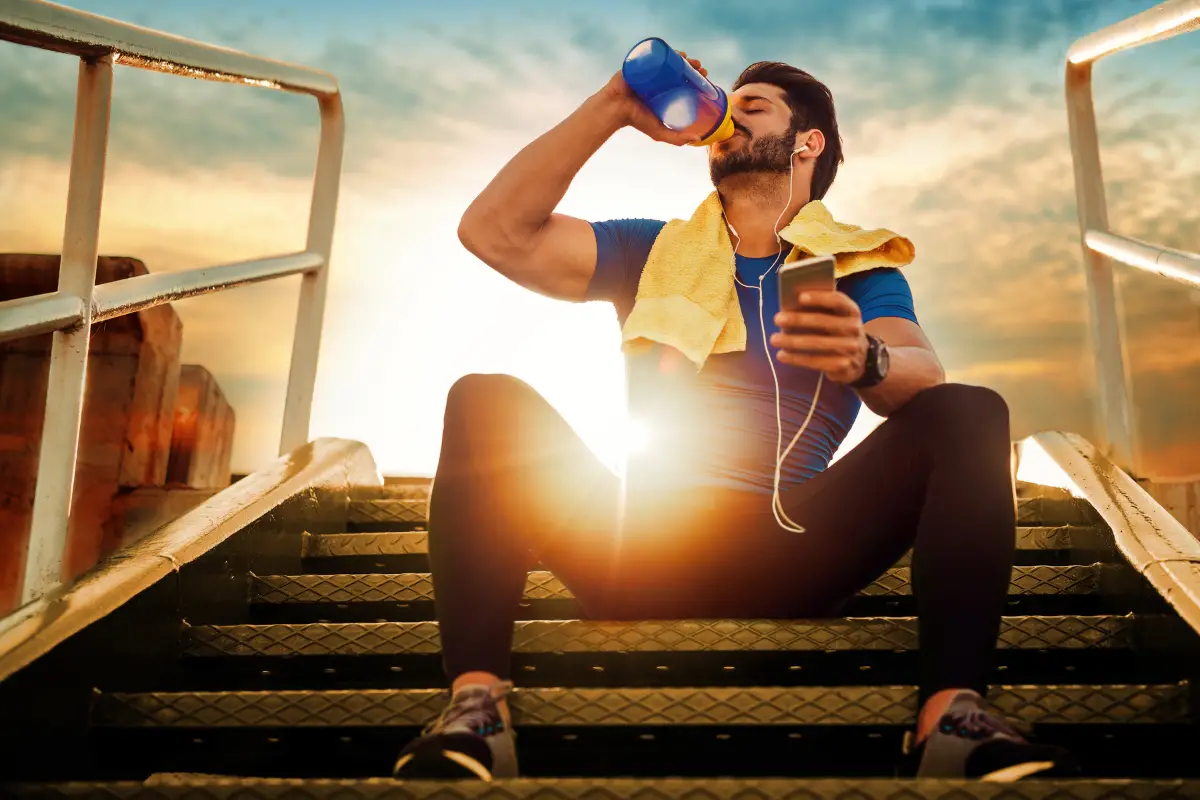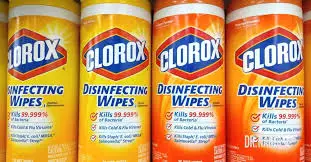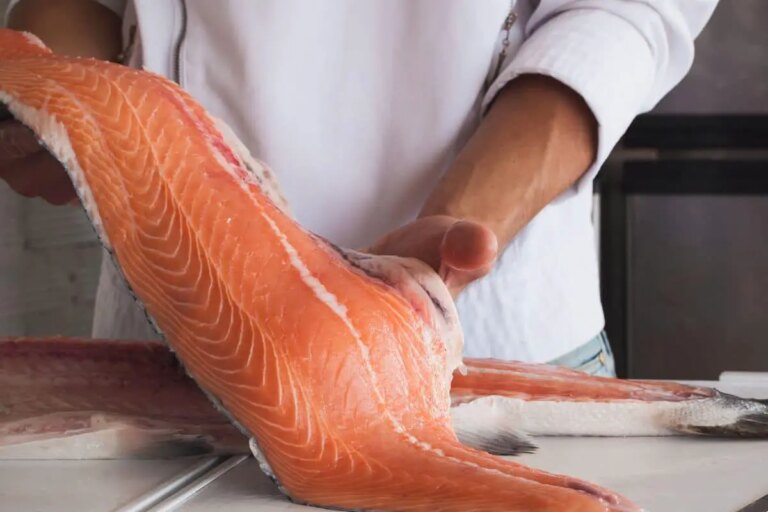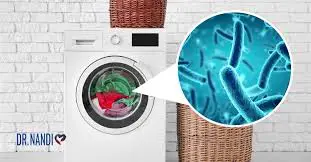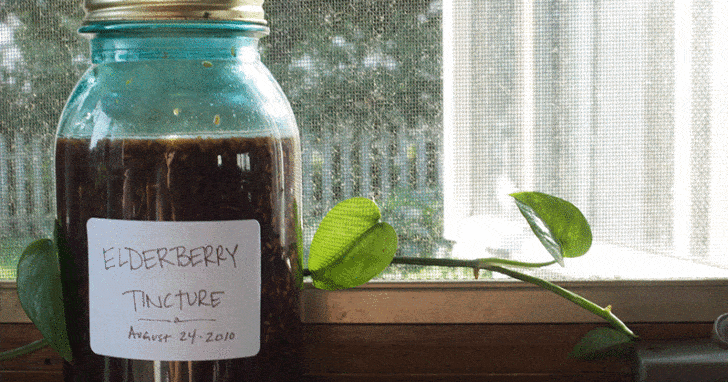Did you know that regular consumption of Gatorade, a popular sports drink, can potentially lead to various health issues? Several studies suggest that individuals who consume Gatorade without physical activity are more likely to experience weight gain and other health issues.
These alarming findings highlight the need to delve deeper into the composition of Gatorade and explore healthier alternatives like coconut water. In this article, we will comprehensively examine the ingredients of Gatorade and the scientific research behind its potential harm, and provide actionable preventive measures and alternatives for better hydration.
Understanding Gatorade’s Composition and Concerns
Gatorade offers a range of beverage lines, each with its own unique characteristics. However, it’s essential to examine the ingredients found in Gatorade, as they raise concerns about potential harm to health. Let’s break down the composition of Gatorade and explore the drawbacks associated with its ingredients, including links to low energy and potential harm to your liver.
- Sugars and Sweeteners
Gatorade contains a significant amount of sugar and sweeteners, which are added for fuel and taste. A standard 20-ounce bottle of Gatorade Original Thirst Quencher contains 36 grams of carbohydrates, nearly as much as a 12-ounce can of soda.[1]
A study published in the Obesity Journal investigated the association between sports drink consumption and weight gain in children and adolescents. It was found that both boys and girls who drank sports drinks daily had greater BMI increases. [2]
Several other studies have also linked weight gain and obesity with the intake of sugar-sweetened beverages, which include sports drinks.[3,4,5]

- Food Dyes:
Gatorade’s vibrant colors are achieved through food dyes, such as Red 40 and Yellow 5. Some individuals question the safety of these dyes, fearing potential risks like cancer or hyperactivity. While the FDA has determined that the food colors used in Gatorade are safe for consumption, some studies have linked dyes to hyperactivity and irritability in children.[6,7]
A review published in the International Journal of Occupational and Environmental Health concluded that both Red 40 and Yellow 5 are contaminated with benzidine (a carcinogen linked to cancer risk) and can trigger hypersensitivity reactions. Additionally, Yellow 5 was also discovered to cause genotoxicity.[8]
- Electrolyte Imbalance:
Gatorade is often marketed as a sports beverage that aids in electrolyte replacement. While it does contain sodium, an electrolyte necessary for bodily functions, the ratio of sodium to potassium in Gatorade is unbalanced.
Research suggests that potassium should be about thrice the amount of sodium in order to hydrate effectively. The imbalance in Gatorade’s composition limits its ability to effectively restore electrolytes in the body.[9]
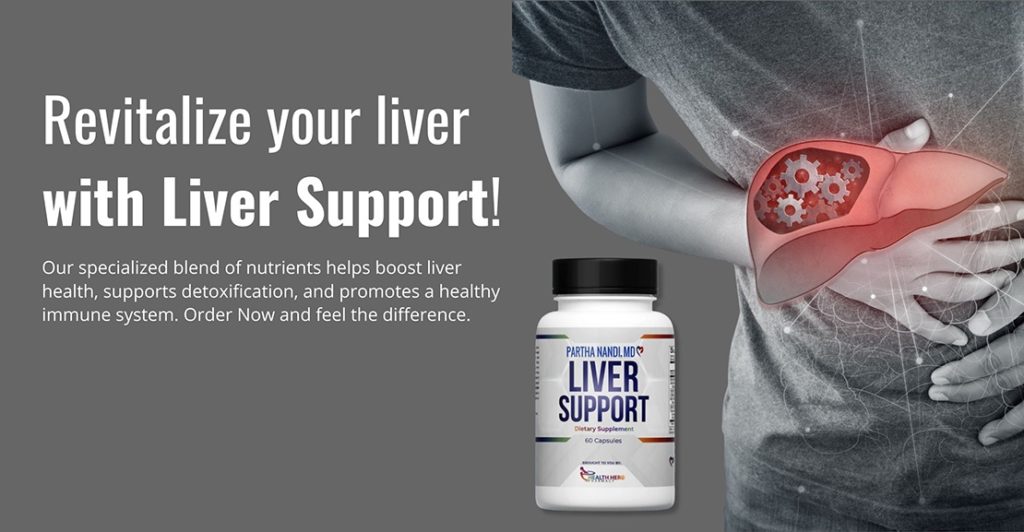
Healthier Hydration Alternatives
Fortunately, there are numerous natural and healthier alternatives to Gatorade that offer electrolyte replacement and additional health benefits. Let’s explore some of these alternatives:
- Coconut Water:
Coconut water is a natural source of electrolytes, hydrating properties, and antioxidants. It has been shown to be just as effective as commercial sports drinks in rehydrating athletes.
A study published in the Journal of the International Society of Sports Nutrition compared the effectiveness of coconut water and a commercial sports drink in rehydrating athletes. The findings highlighted coconut water as a viable option, suggesting that natural alternatives can provide effective electrolyte replacement.[10]
- Watermelon:
Watermelon is an excellent choice for hydration and replenishing essential minerals due to its high water content and electrolyte-rich composition. It also contains lycopene, a potent antioxidant that supports heart health and may help protect against certain cancers.
Research published in the Journal of Agricultural and Food Chemistry explored the impact of watermelon juice on exercise performance and muscle soreness in athletes, providing evidence of its potential benefits.[11]
- Homemade Electrolyte Replacement Recipe:
Creating your own electrolyte replacement drink is a simple and cost-effective solution. Here’s a recipe that combines natural ingredients to provide essential electrolytes:
Ingredients:
- 2 cups of coconut water
- 1/4 cup of freshly squeezed lemon juice
- 1/4 teaspoon of sea salt
- 2 tablespoons of honey or maple syrup (optional for added sweetness)
Instructions:
- In a pitcher, combine the coconut water and lemon juice.
- Stir in the sea salt and optional sweetener until well combined.
- Chill the mixture in the refrigerator for at least 30 minutes to allow the flavors to meld together.
- Serve the homemade electrolyte drink cold and enjoy as needed for hydration and electrolyte replenishment.
My Personal RX: Preventative Measures
To address the potential problems associated with Gatorade consumption, it’s crucial to be aware of preventive measures and ways to identify symptoms or issues. Here are some key points that I personally prescribe:
- Opt for healthier alternatives: Explore natural alternatives such as coconut water and watermelon, which provide electrolyte replacement along with additional health benefits.
- Make your own electrolyte replacement: Create a homemade electrolyte drink using natural ingredients like coconut water, lemon juice, sea salt, and optional sweeteners.
- Limit consumption: Reserve Gatorade for intense or extended physical activity. Avoid regular consumption if you are not engaging in rigorous exercise.
- Read labels: Check the ingredient list of beverages before purchasing and be cautious of added sugars, artificial dyes, and excessive sodium content.
- Hydrate with water: Remember that water is the most essential and natural hydrator. Prioritize drinking water throughout the day to maintain optimal hydration.
- Try taking my Liver Support supplements to improve liver function and remove toxins.
- Download my free Toxic Ingredient Guide.

References:
- Gatorade Hydration, Energy, and Recovery Products – Gatorade Performance Partner. (n.d.). Gatorade Performance Partner. https://performancepartner.gatorade.com/products
- Field, A. E., Sonneville, K. R., Falbe, J., Flint, A., Haines, J., Rosner, B., & Camargo, C. A., Jr (2014). Association of sports drinks with weight gain among adolescents and young adults. Obesity (Silver Spring, Md.), 22(10), 2238–2243. https://doi.org/10.1002/oby.20845
- Chen, L., Appel, L. J., Loria, C., Lin, P. H., Champagne, C. M., Elmer, P. J., Ard, J. D., Mitchell, D., Batch, B. C., Svetkey, L. P., & Caballero, B. (2009). Reduction in consumption of sugar-sweetened beverages is associated with weight loss: the PREMIER trial. The American journal of clinical nutrition, 89(5), 1299–1306. https://doi.org/10.3945/ajcn.2008.27240
- Ebbeling, C. B., Feldman, H. A., Chomitz, V. R., Antonelli, T. A., Gortmaker, S. L., Osganian, S. K., & Ludwig, D. S. (2012). A randomized trial of sugar-sweetened beverages and adolescent body weight. The New England journal of medicine, 367(15), 1407–1416. https://doi.org/10.1056/NEJMoa1203388
- Brownell, K. D., & Frieden, T. R. (2009). Ounces of prevention–the public policy case for taxes on sugared beverages. The New England journal of medicine, 360(18), 1805–1808. https://doi.org/10.1056/NEJMp0902392
- Miller, M. D., Steinmaus, C., Golub, M. S., Castorina, R., Thilakartne, R., Bradman, A., & Marty, M. A. (2022). Potential impacts of synthetic food dyes on activity and attention in children: a review of the human and animal evidence. Environmental Health, 21(1), 1-19. https://ehjournal.biomedcentral.com/articles/10.1186/s12940-022-00849-9
- Potera C. (2010). The artificial food dye blues. Environmental health perspectives, 118(10), A428. https://doi.org/10.1289/ehp.118-a428
- Kobylewski, S., & Jacobson, M. F. (2012). Toxicology of food dyes. International journal of occupational and environmental health, 18(3), 220-246. https://doi.org/10.1179/1077352512Z.00000000034
- Allowances, R. D. (1989). Recommended dietary allowances. National Research Council-National Academy Press: Washington, DC, USA. https://www.ncbi.nlm.nih.gov/books/NBK234935/
- Kalman, D. S., Feldman, S., Krieger, D. R., & Bloomer, R. J. (2012). Comparison of coconut water and a carbohydrate-electrolyte sport drink on measures of hydration and physical performance in exercise-trained men. Journal of the International Society of Sports Nutrition, 9(1), 1. https://doi.org/10.1186/1550-2783-9-1
- Tarazona-Díaz, M. P., Alacid, F., Carrasco, M., Martínez, I., & Aguayo, E. (2013). Watermelon juice: potential functional drink for sore muscle relief in athletes. Journal of agricultural and food chemistry, 61(31), 7522–7528. https://doi.org/10.1021/jf400964r



